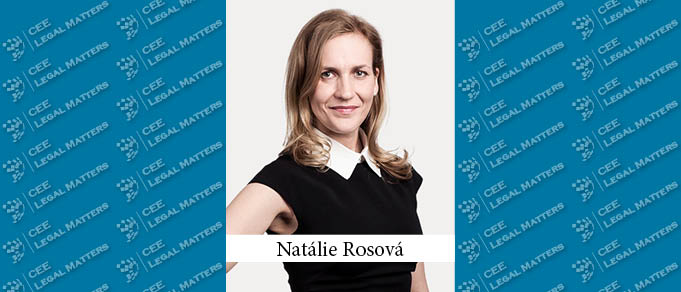The amendment to the Business Corporations Act effective from 1 January of this year (the "Amendment") brings, among other things, a significant change in the liability of members of a statutory body, which will affect the current topic of insolvency.
Members of a statutory body may now be liable in the event of insolvency for a much wider range of misconduct than was the case until the end of 2020. And not only them. The Amendment explicitly widens the range of persons to whom the new liability rules will apply.
In this article, I look at the most important ways in which the liability of members of a statutory body has become harsher, namely by introducing the institute of the so-called action to supplement liabilities (žaloba na doplnění pasiv). Given the limited scope of this article, I leave aside the issue of the possible obligation to surrender a benefit from an executive service agreement in the event of the company's insolvency.
Action to supplement liabilities
The Amendment introduces direct liability of members of the statutory body, i.e. in addition to the usual liability towards the company, liability is introduced directly towards creditors through an action to supplement liabilities. If the company's insolvency is resolved by a declaration of bankruptcy, the insolvency court may impose an obligation on the members of the statutory body to provide monetary fulfilment up to the amount of the difference between the sum of debts and the value of the insolvent company's assets.
Wider range of misconduct
In contrast to the previous regulation, which related to the breach of the duty to act with due managerial care and was based on the principle of guarantee, the Amendment concerns the breach of any duty by a member of a statutory body and is based on the principle of liability for damage.
The condition for liability to arise is that the member of the statutory body "contributed" to the insolvency by violating his or her duties. The concept of contributing to insolvency is not further specified and is so broad that it includes both active conduct and failure to act, intentional action and negligence. Among the examples cited in the explanatory memorandum are distorted bookkeeping, disproportionate or inappropriate investments, continuation of loss-making activities without taking appropriate measures or embezzlement of company assets.
At the same time, the Amendment does not in any way limit the period in which a member of the statutory body should have committed such misconduct. On the contrary, the original legal regulation assumed that the misconduct occurred at the stage of imminent or actual insolvency.
Wider circle of liable persons
The Amendment further expands the circle of persons with direct liability for the company's insolvency to former members of the statutory body, persons in a similar position and so-called factual and shadow directors.
From when?
The new legislation will apply to insolvency proceedings opened from 1 January 2021 onwards.
Motivation of the insolvency administrator
Where actions once could have been brought by individual creditors or the insolvency administrator, now it is only the insolvency administrator that can do so. The original legislation was in any case rarely used in practice. Creditors usually did not have enough information to bear the burden of proof, and insolvency administrators lacked the motivation to enforce because it was a civil dispute and the proceeds did not go to the insolvency estate (the insolvency administrator's remuneration was also tied to the amount of its monetisation).
This will probably change with the new regulation. Now it constitutes an incidental dispute under the Insolvency Act and the proceeds will become part of the insolvency estate, which will then be distributed among the creditors, meaning the insolvency administrator has an economic interest in its amount.
Discretion of the court
The amount paid by a member of a statutory body into the insolvency estate will be at the discretion of the court, which should consider, in particular, the extent to which the breach of duty has contributed to the insufficient amount of the insolvency estate. This discretion is limited by the difference between the amount of the debts and the size of the insolvency estate, as mentioned above.
Reorganisation
Remember that one of the conditions for the direct liability of members of statutory bodies is a declaration of bankruptcy on the company's assets. If reorganisation is allowed, the obligation to supplement liabilities cannot be imposed on the members of the statutory body, which could motivate the company's management to resolve financial difficulties in time and try to find a rehabilitation solution to the insolvency while maintaining the company's operations.
Conclusion
Under the new legislation, it will now be even more important for members of statutory bodies and persons in a similar position to properly monitor the company's financial health and, in particular, to address any economic difficulties in a timely manner. They are well-advised to familiarise themselves with this legislation in good time and, if necessary, to take appropriate measures.
By Natalie Rosova, Attorney at Law, Schoenherr




